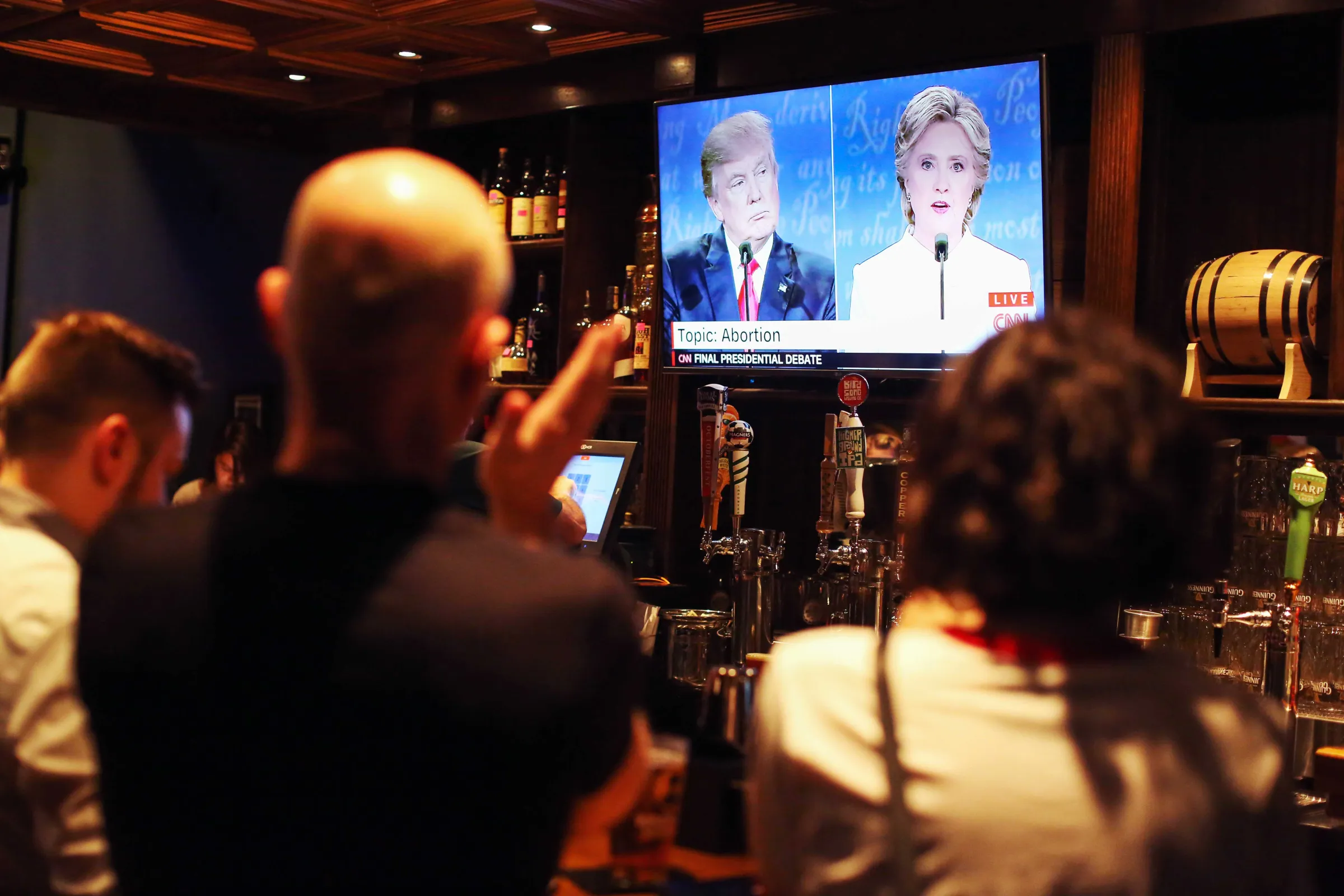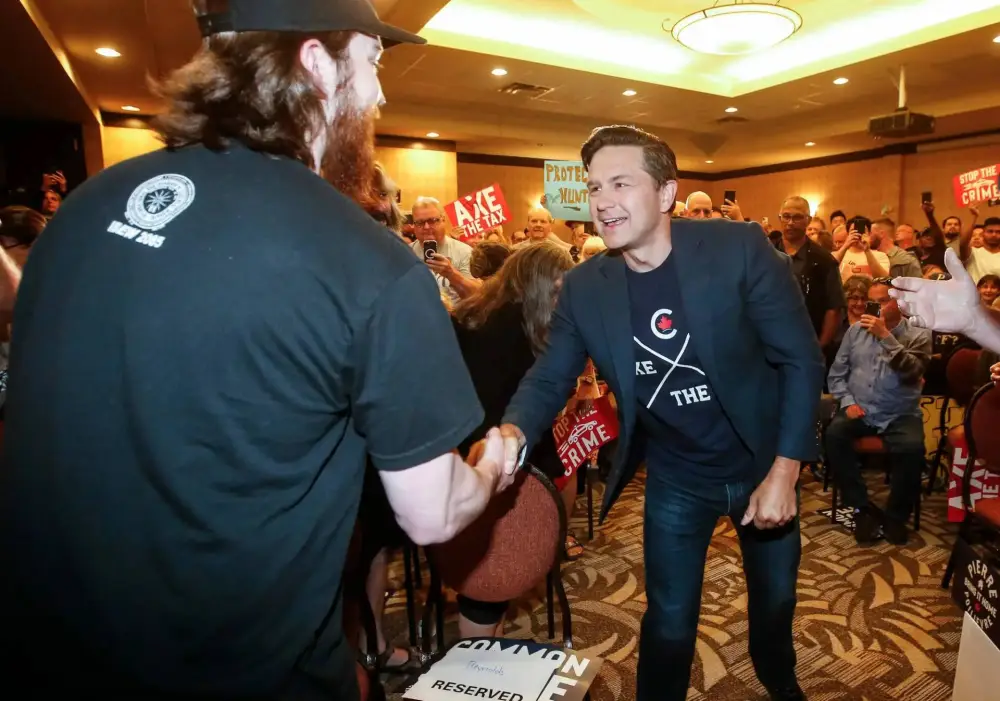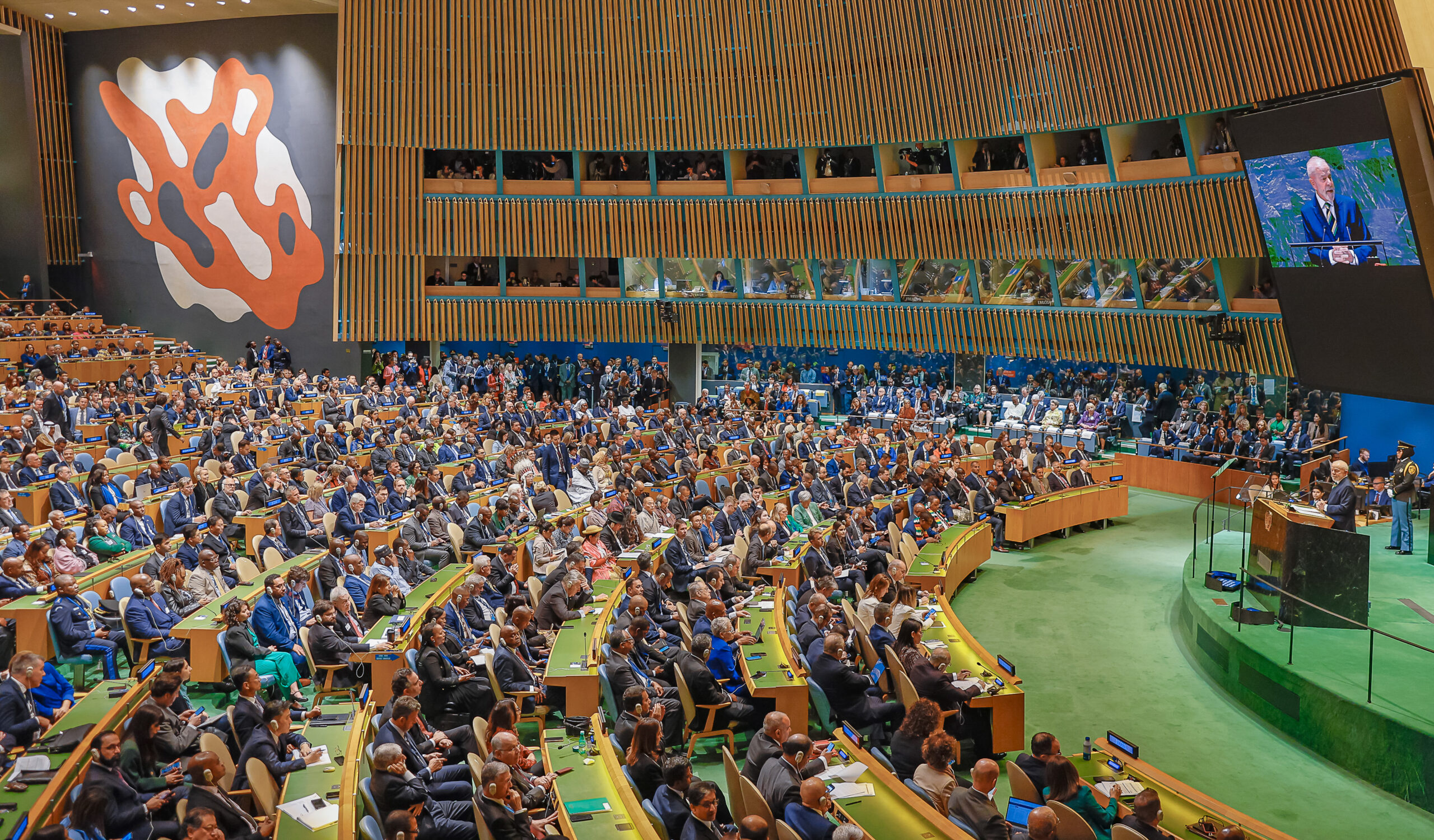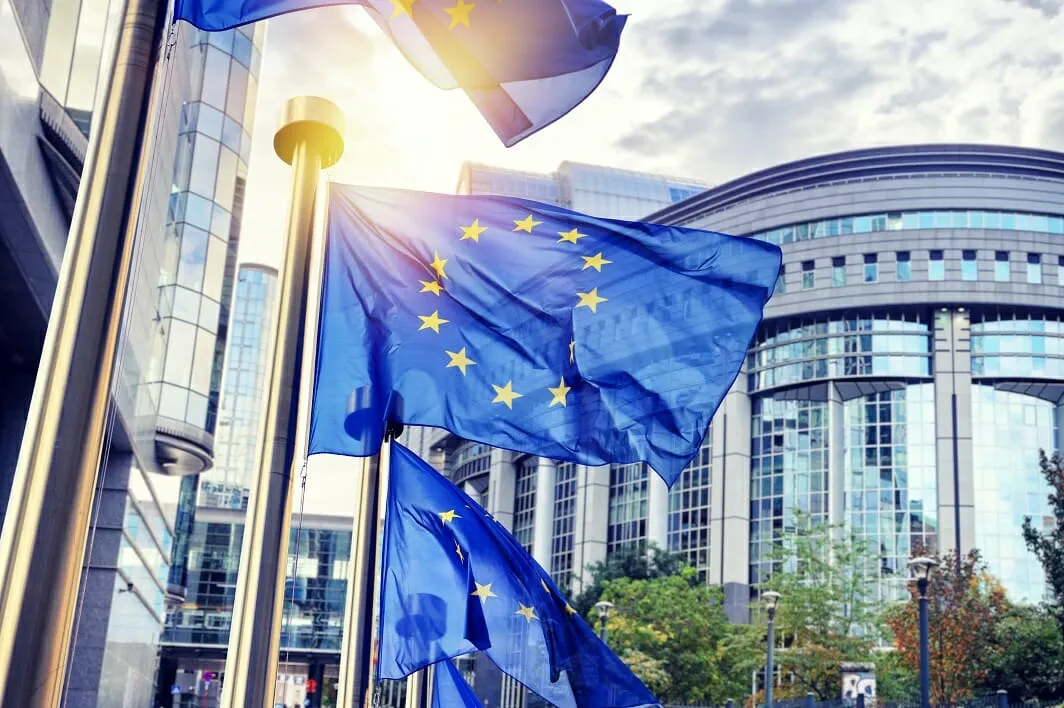Understanding the Masculinity Effect in American Politics

Picture this: It’s a crisp fall evening in 2016, and I’m huddled in my living room with a group of old college buddies, beers in hand, eyes glued to the election returns. The room erupts in disbelief as Donald Trump’s name climbs higher on the map. One friend, a die-hard Democrat, slams his bottle down and mutters, “How did this guy – all bluster and bravado – beat the system?” I paused, then said what I’d been mulling over in my political science classes back in the day: it wasn’t just about emails or walls. It was about manhood. The raw, chest-thumping kind that makes some folks feel seen, strong, and ready to fight. That night sparked my deep dive into what experts call the “masculinity effect” – this sneaky force shaping American politics from the shadows. Over the years, as a politics junkie who’s covered local races and analyzed national trends, I’ve seen it play out time and again. It’s not some abstract theory; it’s the reason elections feel like heavyweight bouts. In this piece, we’ll unpack it all: from its gritty history to its grip on today’s voters, and why reimagining it could change the game. Buckle up – because understanding this could make you see every stump speech in a whole new light.
What Is the Masculinity Effect?
At its core, the masculinity effect boils down to how old-school ideas of what makes a “real man” – think toughness, independence, and unyielding leadership – seep into political choices. It’s not just guys voting their gut; these stereotypes sway candidates’ strategies, media spins, and even policy pushes. Co-edited by Fordham’s Monika McDermott, a book on the topic reveals how these traits pop up in surprising spots, like women candidates leaning into “strong protector” vibes to win over skeptics. You might chuckle at the irony, but it’s dead serious: in a nation built on frontier myths, voters crave leaders who embody that rugged edge. And here’s the kicker – it crosses party lines, though Republicans often amp it up like a rock concert.
This effect thrives on “hegemonic masculinity,” the top-dog version of manhood that prizes dominance over vulnerability. Studies show it predicts support for aggressive stances, from border walls to military flexes. But it’s fragile too; threaten a guy’s sense of manliness, and watch political aggression spike. It’s why elections feel so visceral – they’re battles for identity as much as ballots.
Historical Roots: Masculinity’s Long Shadow in U.S. Elections
American politics has always been a masculinity pageant, disguised as democracy. Back in the 1800s, candidates ditched powdered wigs for flannel shirts to signal they were “one of the boys.” Fast-forward, and it’s still the same script, just with better lighting. I remember flipping through dusty archives in grad school, stumbling on posters that screamed “tough guy” louder than any tweet storm today.
These roots trace to the young republic’s need for strongmen to tame the wild. By the Civil War era, it was full throttle – leaders posed as warriors or workers to rally the base.
- 1872: Ulysses S. Grant’s Workingman’s Banner. This poster shows Grant as a burly tanner, hammer ready, flanked by his VP pick as a shoemaker. It’s pure blue-collar bravado, tying manhood to labor and patriotism. No wonder it helped him crush the competition.
- 1984: Ronald Reagan’s “Morning in America.” Reagan, the former actor turned cowboy president, beamed from ads with flags and farms, evoking frontier grit. His landslide win? Partly because he made voters feel like America was back to being the tough guy on the block.
- 2016: Donald Trump’s “Make America Great Again.” Echoing Reagan but cranked to 11, Trump’s rallies were WWE spectacles – crowds chanting as he vowed to “drain the swamp” like a barroom brawler. Hegemonic masculinity at work, predicting his edge over Clinton.
These moments aren’t coincidences. They’re calculated nods to voters craving that protector archetype, a thread woven through two centuries of ballots.
How Masculinity Shapes Voter Behavior
Ever wonder why some polls show men drifting right while women lean left? Blame the masculinity effect – it nudges folks toward candidates who mirror their ideal of strength. Recent Pew data paints a stark picture: Republican men are way more likely to self-identify as “highly masculine” than their Democratic counterparts. It’s like a gender filter on the voting booth, amplifying divides on everything from guns to global flexing.
This isn’t random; manhood threats – like economic squeezes or cultural shifts – crank up support for hawkish policies. A study found liberal guys, feeling their toughness questioned, suddenly back the death penalty or drone strikes. Women? They often spot the bluff, prioritizing empathy over bravado.
To break it down, here’s a quick comparison from Pew’s 2024 survey on how Americans rate masculinity’s role:
| Aspect | Republican Men | Democratic Men | All Women |
|---|---|---|---|
| Self-rate as “highly masculine” | 53% | 29% | 18% |
| Say changing gender roles hurt men | 62% | 34% | 22% |
| View Trump as “very masculine” | 71% | 12% | 15% |
These numbers explain the “man problem” Democrats face – masculinity pulls voters like gravity. But flip it: when campaigns humanize strength (think community builders over chest-beaters), turnout evens out.
The Trump Phenomenon: Masculinity as a Superpower
Donald Trump didn’t invent the masculinity effect; he weaponized it. From his 2016 “locker room talk” tape to 2024’s UFC cameos, Trump played the alpha like a pro wrestler cutting a promo. I once argued with a skeptical aunt over coffee – “It’s just talk,” she said. “Nah,” I shot back, “it’s strategy.” And data backs it: his unfiltered bravado hooked voters feeling sidelined by “woke” winds.
Trump’s genius? He tapped “fragile masculinity,” turning personal jabs into rallying cries. Polls showed his base – mostly white working-class men – surged when he framed elites as effete threats.
But like any edge, it cuts both ways. Here’s a pros/cons rundown:
Pros of Trump’s Masculine Playbook:
- Mobilizes the Base: Boosted male turnout by 5-7% in key states, per exit polls.
- Media Magnet: Outrage = free airtime; his “nasty woman” zinger went viral, dominating cycles.
- Emotional Hook: Made voters feel powerful, not just vote policy.
Cons and Pitfalls:
- Alienates Half the Room: Widened gender gaps to 14 points in 2020, hurting with suburban women.
- Backlash Burn: “Toxic” label stuck, fueling #MeToo-era scrutiny.
- Short-Term High: Post-election, it fizzled for moderates craving substance over swagger.
Trump’s run proves masculinity wins battles but risks the war – unless you redefine winning.
The Flip Side: Toxic Masculinity’s Grip on Politics
Not all manhood flexes are harmless; when they veer toxic – aggressive, domineering, zero-sum – politics gets ugly. Right-wing rhetoric often amps this, painting opponents as “weak” to stoke fears. It’s the dark twin of the effect, breeding division over dialogue. I felt a chill covering a 2022 rally where speakers mocked “soy boys” – light humor? Sure, until it fuels real hate.
Fragile Manhood and Policy Swings
Threaten a man’s ego – say, with job loss stats – and his politics harden. Research links this to backing extreme measures, like mass deportations, even among moderates. It’s emotional whiplash: one day you’re chill, the next you’re cheering “lock her up.”
Liberals aren’t immune; studies show left-leaning guys double down on “tough on crime” when feeling emasculated. The takeaway? Politics isn’t rational – it’s a manhood minefield.
Young Men and the Manosphere Pull
Gen Z dudes are ground zero, drifting right via podcasts promising “red pill” truths. NPR chats with experts like Richard Reeves highlight how this performative machismo sways 18-29 ballots. Funny in memes, scary in midterms – it’s reshaping the electorate one TikTok at a time.
Gender Gaps: Republicans vs. Democrats on the Masculinity Front
Parties aren’t equal players here. Republicans own the “strongman” lane, Democrats the “sensitive ally.” Pew’s dive shows GOP men embracing traditional roles twice as much as Dems. It’s a divide deeper than policy – it’s worldview.
Compare the vibes:
- Republicans: Frame issues as battles – “secure the border” screams protector. Wins: 10-point male edge in 2024.
- Democrats: Push inclusive strength – think Biden’s “build back better” empathy. Challenge: Losing young bros to podcasters.
This gap? It’s why Dems scramble for “macho” surrogates like Tim Walz, blending dad jokes with dad bods. Bridging it means owning strength without the toxicity.
Women and Minorities: Dodging the Masculinity Trap
Women candidates? They walk a tightrope – too soft, dismissed; too tough, “shrill.” Latinas and Asian Americans amp masculine cues more, per McDermott’s research, to counter biases. Heartbreaking, really – I teared up reading stories of trailblazers like Kamala Harris navigating “likability” landmines.
Minorities face it worse: Black men branded “angry,” immigrants “weak invaders.” The effect? Lower turnout, skewed reps. But flipside hope: diverse slates shatter the mold, proving leadership’s no boys’ club.
Redefining Masculinity: Tools for Tomorrow’s Politics
The future? Ditch the cowboy hat for collaborative capes. True power’s in vulnerability – think Obama’s measured cool over bombast. As elections evolve, so must we.
For diving deeper (transactional intent: best tools for studying this), here’s your starter pack:
- Top Books: “Masculinity in American Politics” (NYU Press) – gold for case studies. Grab it here. Or “Of Boys and Men” by Richard Reeves for voter psych.
- Online Hubs: Pew Research Center’s gender reports – free, data-rich. Check Pew.
- Courses: Coursera’s “Gender and Politics” from Rutgers – affordable, expert-led.
These aren’t fluff; they’re your roadmap to smarter voting. (Internal link: For more on gender gaps, see our guide to 2024 turnout.)
People Also Ask
Google’s “People Also Ask” bubbles up real curiosities – here’s the scoop, snippet-style for quick hits.
What role does masculinity play in U.S. elections?
It sways 10-15% of male votes by signaling strength, per Pew. Think Trump’s bravado boosting turnout among feeling-threatened guys.
How has toxic masculinity affected recent politics?
It amps aggression, linking to right-wing gains via rhetoric that mocks “weakness.” NPR notes its pull on young men via manosphere media.
Why do Republicans emphasize masculinity more?
Historical party branding: Since Reagan, GOP ties manhood to protectionism. Dems counter with empathy, but it lags with bros.
Can women candidates use masculinity effectively?
Yes – strategically. Studies show they highlight “tough” traits to close gaps, like Harris’s prosecutor past.
What’s the future of masculinity in American politics?
Redefinition toward inclusive strength. Experts predict Gen Z flipping scripts for balanced leadership.
FAQ
Q: What is hegemonic masculinity in politics?
A: It’s the dominant, “ideal” manhood – tough, controlling – that props up power structures. In politics, it justifies aggressive leaders and sidelines softer traits, explaining Trump’s appeal.
Q: Did Trump’s style of masculinity help him win twice?
A: Absolutely – it mobilized white men feeling sidelined, adding 5% to his margins. But it widened gaps with women, costing in suburbs.
Q: How does the masculinity effect impact women’s political roles?
A: It forces them to “prove” toughness, like adopting protector language. Result? Slower climbs, but successes like AOC show authenticity wins.
Q: What are pros and cons of masculinity-focused campaigns?
A: Pros: Energizes bases, cuts through noise. Cons: Polarizes, invites backlash – think #MeToo hits on overly macho pols.
Q: Where can I find the best resources on gender in politics?
A: Start with Cambridge’s Gender and Politics series for deep reads, or Transforming Society’s free lists. Explore here.
As the confetti settles from another cycle, let’s lean into this: the masculinity effect isn’t destiny. It’s a script we can rewrite – with humor, heart, and a dash of humility. Imagine elections where strength means lifting everyone, not just pounding chests. That’s the America I voted for that stunned night in 2016. What’s yours? Drop a comment; let’s chat.
 There Is No ‘Good and Bad’ in Our Politics: Navigating the Gray Areas
There Is No ‘Good and Bad’ in Our Politics: Navigating the Gray Areas  The Political Economy of Economic Policy: Where Power Meets Prosperity
The Political Economy of Economic Policy: Where Power Meets Prosperity  What Does Politics Mean? A Comprehensive Exploration
What Does Politics Mean? A Comprehensive Exploration  Political Economy: Definition, History, and Real-World Applications
Political Economy: Definition, History, and Real-World Applications